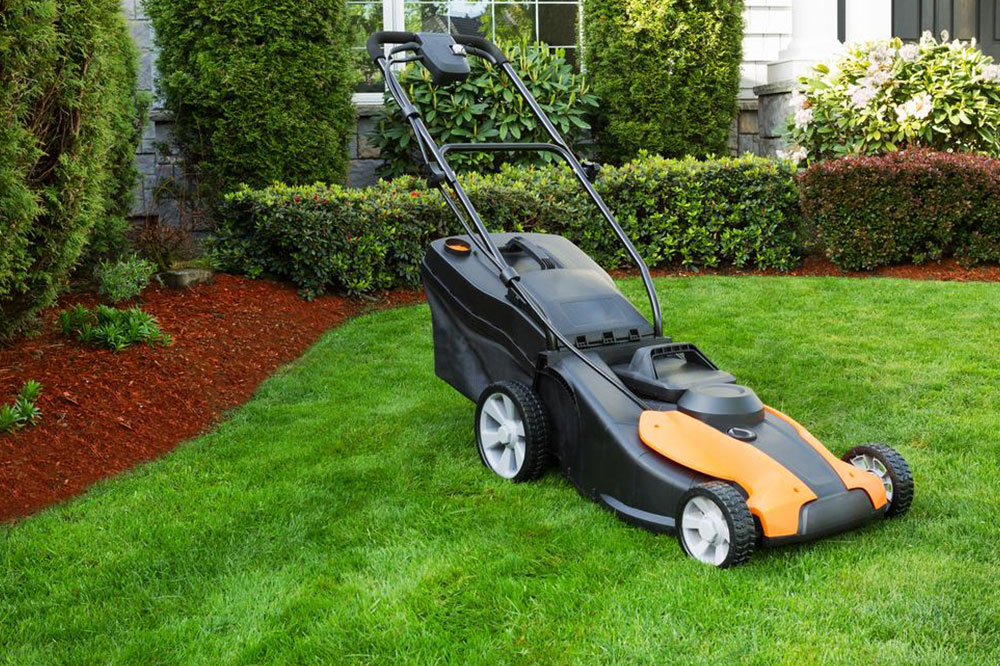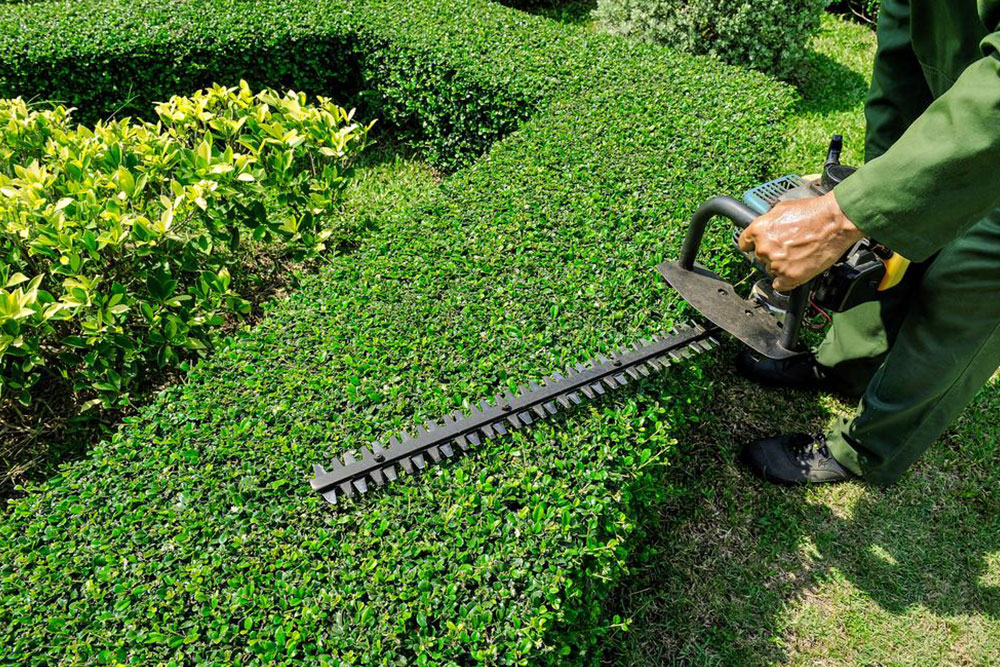Complete Guide to Choosing the Right Lawn Fertilizer
Learn how to select and apply the best lawn fertilizers with this comprehensive guide. Discover various fertilizer types, expert tips, and best practices to achieve a lush, healthy lawn. Suitable for DIY enthusiasts and professionals alike, this article helps you understand soil needs, regional climate factors, and application techniques for optimal lawn care.

Complete Guide to Choosing the Right Lawn Fertilizer
A lush, healthy lawn enhances the beauty of any home, and proper fertilization is key to achieving this. Selecting the appropriate grass fertilizer accelerates growth and maintains vibrant green hues. Whether you opt for professional lawn care or DIY methods, understanding the different fertilizer types helps you make the best choice.
Types of Lawn Fertilizers
The ideal fertilizer depends on your grass species, local climate, rainfall patterns, and soil health. Options include organic, synthetic, liquid, and granular formulations, each bringing unique advantages.
Organic Fertilizers
Derived from natural sources like plants or animals, organic fertilizers release nutrients gradually, fostering long-term soil vitality. They enhance microbial activity, improve moisture retention, and avoid chemical buildup, making them ideal for eco-friendly lawn care.
Synthetic Fertilizers
These provide quick nutrient release for prompt results. Available in formulations rich in nitrogen, phosphorus, or potassium, they support rapid growth but require cautious use to prevent soil degradation.
Nitrogen-rich formulas promote lush foliage and dense greenery.
Phosphates support root strength and nutrient absorption.
Potassium enhances drought tolerance and overall lawn resilience.
Liquid Fertilizers
Applying directly to grass and soil, liquid fertilizers are fast-acting and simple to use. However, they are susceptible to being washed away in heavy rain or excessive heat, necessitating timely application.
Granular Fertilizers
Delivered in pellet form, these slow-release fertilizers provide a steady nutrient supply over time. Their durability against weather makes them suitable for various lawn conditions.
Expert Advice for Fertilizer Selection
Assess your grass type—cool or warm season—and test your soil's nutrient levels before selecting a fertilizer. Consider local climate, rainfall, and specific lawn needs. Consulting experts ensures optimal fertilization strategies for healthy turf.
Fertilization Best Practices
Employ appropriate tools like broadcast or drop spreaders for uniform coverage.
Implement grasscycling and regular soil aeration to foster growth.
Apply moderate amounts of fertilizer alongside proper watering.
Use compost as a natural alternative to chemical fertilizers.


